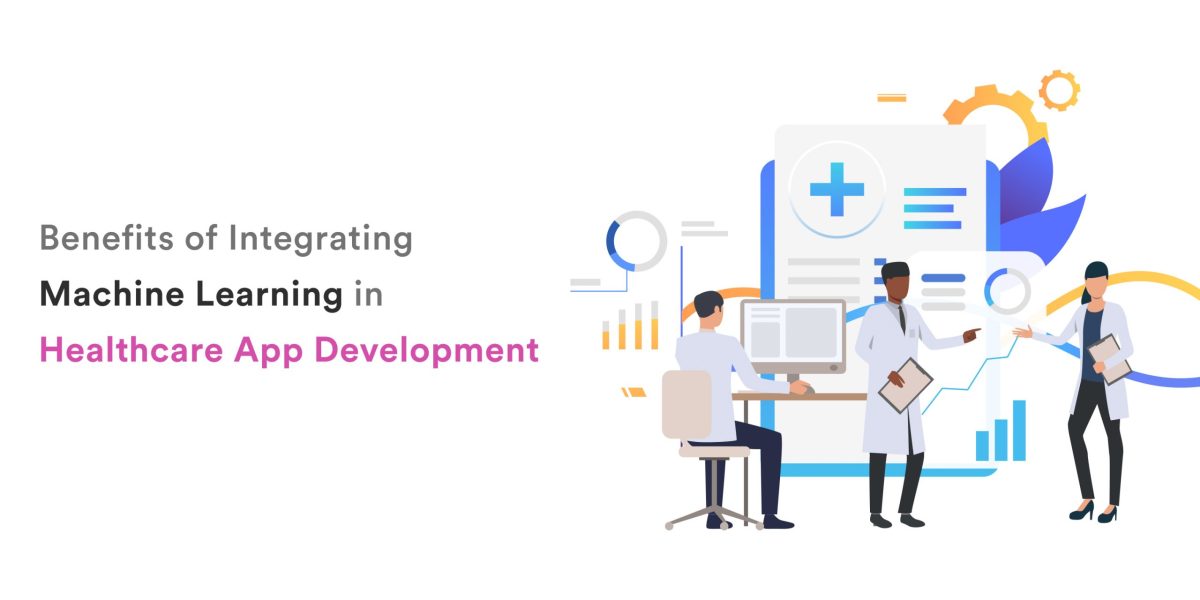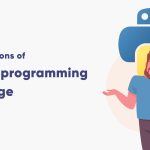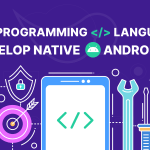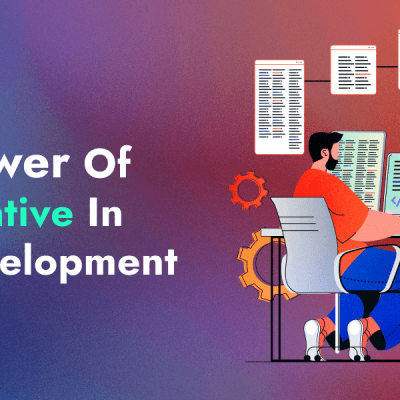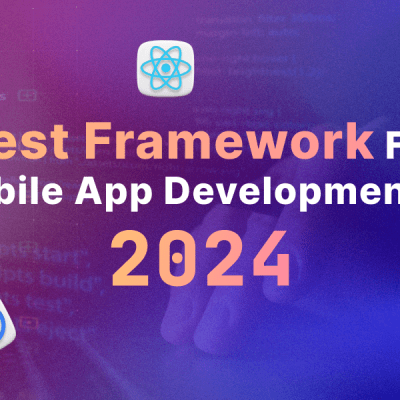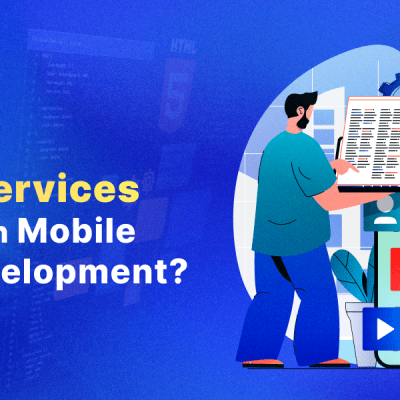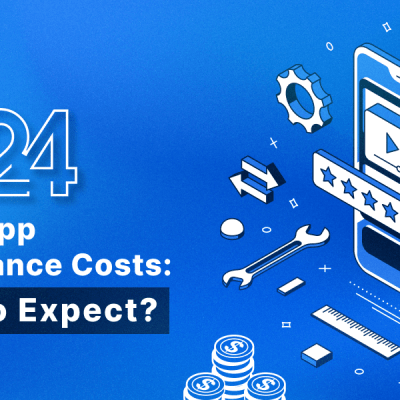In recent years, the integration of machine learning into various industries has revolutionized the way tasks are performed, and the healthcare sector is no exception. Machine learning algorithms have the potential to transform healthcare app development by enabling advanced analysis of medical data, improving diagnostics, enhancing patient care, and optimizing operational efficiency. This article explores the benefits of integrating machine learning in healthcare app development and the positive impact it can have on the healthcare industry.
1) Enhanced Diagnostic Accuracy
Accurate and timely diagnosis is crucial in healthcare. Machine learning algorithms can analyze large volumes of medical data, including patient records, lab results, and medical images, to identify patterns and make accurate diagnoses. By leveraging machine learning, healthcare apps can assist healthcare professionals in making more informed decisions, leading to improved diagnostic accuracy and reducing the risk of misdiagnosis.
2) Personalized Treatment
Each patient is unique and may respond differently to treatments. Machine learning algorithms can analyze vast amounts of patient data, such as genetic information, medical history, and lifestyle factors, to develop personalized treatment plans. By considering individual characteristics and preferences, healthcare apps can optimize treatment outcomes, minimize adverse effects, and enhance patient satisfaction.
3) Predictive Analytics
Machine learning algorithms excel at identifying patterns and predicting future outcomes. Healthcare apps integrated with machine learning can analyze patient data to predict the likelihood of specific medical conditions, such as the risk of developing chronic diseases or the probability of readmission. These predictive analytics enable proactive interventions, early detection of potential health issues, and the implementation of preventive measures, ultimately leading to better patient outcomes and reduced healthcare costs.
4) Efficient Patient Monitoring
Continuous patient monitoring is crucial for individuals with chronic conditions or those recovering from surgeries. Machine learning algorithms can analyze real-time data from wearable devices, such as heart rate monitors and activity trackers, to detect anomalies and alert healthcare professionals about any significant changes in a patient’s health. This enables timely interventions, reduces hospital readmissions, and enhances patient safety.
5) Streamlined Administrative Processes
Healthcare app development can integrate machine learning algorithms to streamline administrative tasks and optimize operational efficiency. For example, machine learning can automate appointment scheduling, manage electronic health records, and optimize resource allocation. By reducing administrative burdens, healthcare professionals can dedicate more time to patient care, leading to improved overall healthcare quality.
6) Drug Discovery and Development
Developing new drugs and therapies is a complex and time-consuming process. Machine learning algorithms can analyze vast amounts of biomedical data, including genetic information, molecular structures, and clinical trial results, to identify potential drug targets and predict the efficacy of new compounds. By integrating machine learning into healthcare app development, the drug discovery process can be accelerated, potentially leading to the development of more effective treatments and improved patient outcomes.
7) Medical Image Analysis
Interpreting medical images, such as X-rays, CT scans, and MRIs, can be challenging and time-consuming for healthcare professionals. Machine learning algorithms can analyze these images and identify abnormalities, assisting radiologists and other specialists in making accurate diagnoses. This not only saves time but also improves the efficiency and accuracy of medical image analysis, leading to faster treatment planning and improved patient care.
8) Improved Disease Surveillance
Machine learning algorithms can play a significant role in disease surveillance and outbreak detection. By analyzing data from various sources, including social media, electronic health records, and public health databases, healthcare apps can identify patterns and trends associated with the spread of diseases. Early detection of outbreaks allows for rapid response and containment, preventing the further spread of infectious diseases and saving lives.
Wrapping Up
In conclusion, integrating machine learning into healthcare app development offers a multitude of benefits for both healthcare professionals and patients. By leveraging machine learning algorithms, healthcare apps can enhance diagnostic accuracy, personalize treatment plans, enable predictive analytics, streamline administrative processes, and expedite drug discovery. Hire a machine learning app development company and get started with your project.
